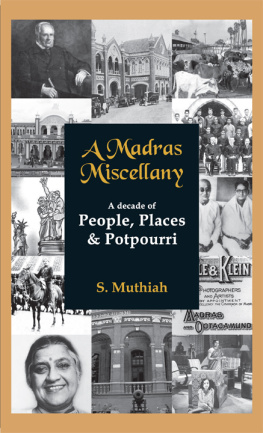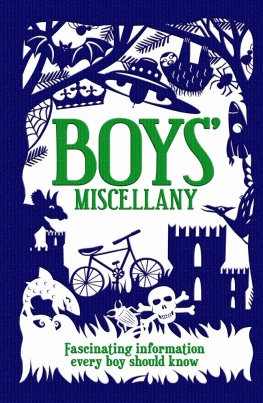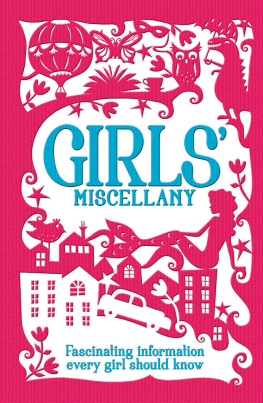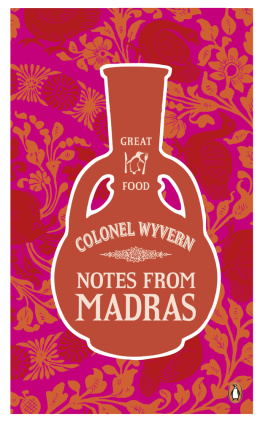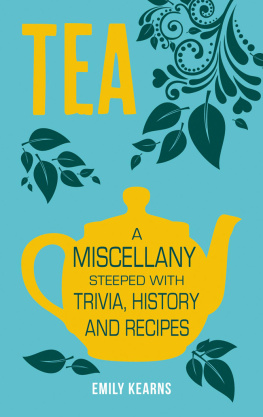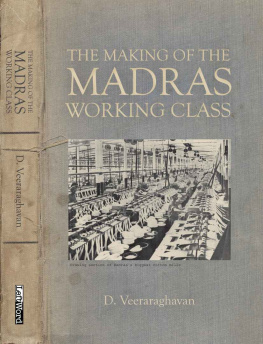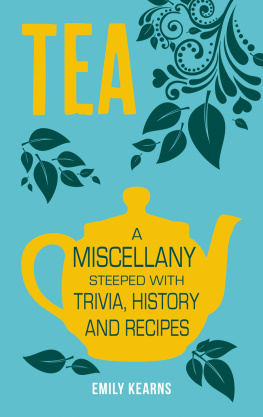EastWest
Venkat Towers, 165, P.H. Road, Maduravoyal, Chennai 600 095
No.38/10 (NewNo.5), Raghava Nagar, New Timber Yard Layout, Bangalore 560 026
Survey No. A-9, II Floor, Moula Ali Industrial Area, Moula Ali, Hyderabad 500 040
23/181, Anand Nagar, Nehru Road, Santacruz East, Mumbai 400 055
47, Brij Mohan Road, Daryaganj, New Delhi 110 002
First published in EastWest books by westland ltd 2011
Copyright S. Muthiah 2011
All Rights Reserved
ISBN: 978-93-80032-84-9
Typeset by Art Works, Chennai
This book is sold subject to the condition that it shall not by way of trade or otherwise, be lent, resold, hired out, circulated, and no reproduction in any form, in whole or in part (except for brief quotations in critical articles or reviews) may be made without written permission of the publishers.
F rom time to time, when I am away from my home base and am introduced in a professional capacity, I encounter the assumption that I live and work in New Delhi. The assumption is that a national newspaper in India must necessarily have its headquarters in the national capital. To me it is equally obvious that The Hindu , launched in colonial Madras in September 1878 to serve the freedom struggle and the great sub-continental project of India coming into its own politically, economically, and socially, must necessarily have its home base in Chennai. Here professional, business, and personal interests coincide. I was born in Madras and have lived in this most congenial of metropolises - this unhurried, cultured, mature, no-frills, surprisingly green, and progressive city-by-the-sea for all but three years of my life. I would not, of my free will, live anywhere else in India or the world.
The hot weather hot, hotter, hottest as a description of our Three Seasons is a well-worn joke did not stop three square miles of desolate shore from becoming colonising Britains first permanent home, then Empires First City, subsequently, in the run-up to Independence and for a little while thereafter, an unacknowledged capital for the whole of South India, and eventually a leading growth centre for rising India.
Youve got to be a fairly sophisticated tourist to engage meaningfully with the modern heritage of Madras. It is rich, many-shaped, and multi-hued; endowed with enough monuments (you can start with Fort St. George where it all began) but not monumental; and presents itself as an inexhaustible store of small things, including the most interesting people drawn from day-to-day life, past and present, features of rural South India that have, over tens of decades, become part of urban sprawl, and aspects of social life that dont quite fit into the conventional wisdom on metropolitan life. All this and more you can learn and savour, if you know your S. Muthiah, journalist, writer, adas-maker, raconteur , historian, and citizen-at-large of Madras.
When Muthiah returned to India in 1968 to begin a new career, which went on to span a quarter century in printing, map-making and publishing, he left behind him a versatile career as a journalist and columnist with The Times of Ceylon group. Over the last two decades, following his retirement from his second professional career and amidst his consultancy work, he has been in full flow as a journalist and writer. What is of special significance here is the inversion that took place in his interests and passions. As he informs us in his authors note, in Ceylon he was interested in history but passionate about all sports; in Madras, he remained interested in all sports but became passionate about chronicling history So it was that Madras got its unconventional, one-of-a-kind historian, who brought to his subject a gifted journalists curiosity, training in rapid methods of research and verification, humour, liveliness, eye for the small things and little people, and accessibility. This has resulted in several books and hundreds of articles focusing single-mindedly but with a light touch on the Madras experience, past and present.
His weekly essay, Madras Miscellany , which appears in our MetroPlus section and is now into its second decade of public service, is one of The Hindus best-read columns. The sectioning of his selection from this into People, Places, and Potpourri in these pages does raise the question, Whats left? I can anticipate Muthiahs answer, Theres plenty left to discover about Madras and do join me in this exploration.
The professional historian might express scepticism about this way of discovering Madras, past and present, and even describe it as journalistic in a belittling, if not dismissive, sense. But then it must be realised this is something trained historians have been unwilling or unable to do, a long-term failure that brings in focus the advantages and social value of intelligent journalism. Can there be the slightest doubt that Muthiahs engaging, ongoing, at times elegiac biography of a city that is nearly 375 years old feeds into the history of Indias, and the worlds, cities? This service to history is valuable precisely because it is different from the historians craft. This experienced journalists passionate interest in exploring the metropolis is wide-ranging and sustained, with a capacity to surprise; his curiosity inexhaustible; his approach eclectic, liberal, and mostly non-judgmental; his eye always on the detail, the significant as well as the oddities; his sense of history sobering and his use of oral history resourceful; his method fact-based and simple; his voice that of a civic storyteller.
Working in a fiercely competitive field, journalists tend to be possessive about their sources, often hiding them from the public gaze. Muthiah is good enough, in his authors note, to introduce us to all his major sources: his memory, whose only strength is remembering how to access...help from different quarters; the personal library he has built up on Madras past and present; a welter of handwritten or typed notes assembled over decades; the research done for the institutional histories he has written, which goes beyond these institutions; and last and most important of all...my readers.
I am particularly interested in the last, which is actually a fascinating process that my friend Alan Rusbridger, Editor of The Guardian , has termed mutualization (of a newspaper):
Our readers have become part of what we do. They write commentaries... they have helped with investigations... They form communities around individual reporters and issues, lending a hand with research and ideas, bringing us up short when we get things wrong. They have collaborated on big projects needing resources beyond our scope. We have done things that would have been impossible without them. In return we give them a more diverse form of journalism and the visibility that comes from a platform that reaches (a large number of people at home and globally).
Muthiah confesses I dont touch a computer, which an assistant does for me. He himself has been pounding away on his old faithful, a forty-year-old portable Olivetti (he told me recently he has replaced it with a new portable Olivetti gifted by his nieces and nephews for his eightieth birthday). He doesnt use a mobile phone either. Yet, despite shying away from modern technology, his Madras Miscellany, published weekly in The Hindu MetroPlus, has become the state-of-the-art, quintessential mutualised newspaper column, I would claim not just for Chennai but for the whole of India.



